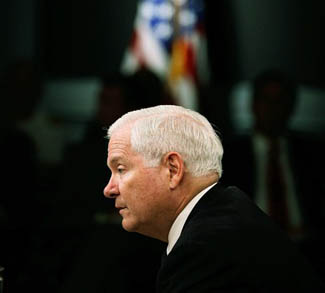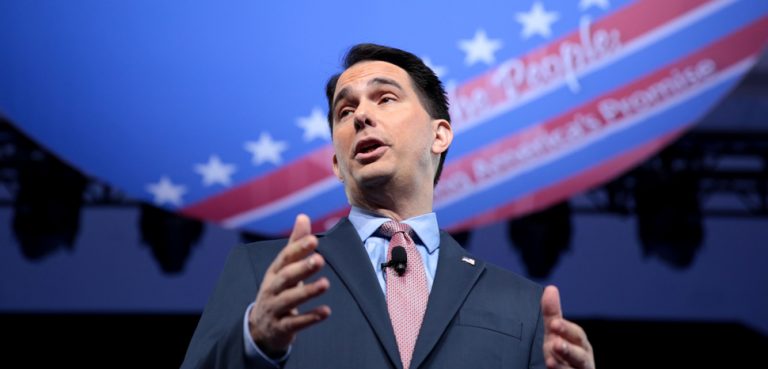Throughout the course of the 2016 election, the Sanders campaign opened the floodgates when it came to discourse over what were once considered extreme far-left liberal policy positions. Large-scale debt relief, subsidized college educations for all citizens, and the concept of a single-payer healthcare system are now all common talking points across the Democratic Party despite not being part of its official platform.
In 2019, Andrew Yang’s campaign brought the concept of Universal Basic Income (UBI) to the table, an idea that is more prescient than ever in the midst of the COVID-19 pandemic running rampant across the United States of America.
What Is Universal Basic Income
The Yang campaign proposed what they dubbed a ‘Freedom Dividend,’ which would provide every American over the age of 18 a UBI of $1,000 a month per year. In truth, the Freedom Dividend actually falls short of what is needed to be accomplished in order to really be called a UBI. A true universal basic income not only extends to all members of society but also covers all basic living needs and requirements over the course of the recipient’s lifetime.
The COVID-19 pandemic has refocused discourse onto the idea of a UBI largely because of the federal government’s move to provide a one-time stimulus check to U.S. taxpayers. While this is certainly far off from an actual UBI, it is a step to show that the concept of one isn’t as extreme as many think it to be. Canada is taking the concept even further, offering those who have lost their jobs due to the pandemic benefits of $2,000 a month for 4 months in an attempt to stymie the impact that the pandemic will have on its citizens.
While current events have thrust universal basic income into the spotlight of the national conversation, it is important to understand how it can impact the lives of U.S. citizens when implemented outside of times of crisis. UBI implementation could very well provide economic stimulus as it would help low-income households in their struggle of living paycheck to paycheck. People would have a much easier time paying their rent and in turn, would be able to effectively save enough money to lift themselves up out of the lower socio-economic strata and begin restoring the middle class in America.
Why There Is So Much Opposition
One of the reasons that the UBI is such a hotly debated topic is that it would fundamentally change the way that our society functions. Those opposed to the implementation of a universal basic income cite the potential for increased inflation, a lack of increased living standards due to that inflation, and most avidly the assumption that a UBI would disincentivize work leading to falling labor force participation rates.
The idea that a UBI would stop people from seeking out work is rooted in the belief that younger generations, with special focus on millennials, have poor financial literacy and would see these payments as a free ride to not having to work. However, this line of thought is significantly flawed when facts and statistics are taken into account. Millennials and the generations that have come after them have long been characterized as lazy and unwilling to do the hard work required to save enough money to break free from debt. Statistics tell a different story, showing that millennials actually work far harder than previous generations for significantly less pay.
The current conversation around universal basic income and the pros and cons associated with its implementation is not uniquely American. Italy’s Five Star Movement called for a UBI recently, though they were unable to push it through. Mainstream political parties are reluctant to try out a universal basic income largely out of fear that it could negatively impact the economy despite studies showing that the opposite effect is likely to occur.
A Generational Divide
The real difference in opinions regarding universal basic income is largely generational. Younger generations are chronically under and unemployed and see the implementation of a UBI as a way to help ease the outsized financial burdens that they face when compared to previous generations in a time in their lives where they are expected to be accumulating wealth. Older generations generally view a universal basic income as a handout to lazy people who are incapable of working hard enough to rise above their station.
This generational difference is highlighted in the workplace and shows just how much priorities differ between generations. Where Baby Boomers, having already amassed wealth, are looking for flexible retirement options, 401(k) matching, and autonomy, the millennial generation is still struggling to advance and prioritize skills training, finding mentorship opportunities, and the ability to advance within the organization that they work for. The idea that younger generations would eschew work with the presence of a universal basic income is inaccurate as it would only help them in acquiring the wealth that previous generations have been able to obtain, effectively leveling the playing field.
Additionally, partisanship and the generational gap baked into political parties is a major contributor to the divide in support over UBI. Even with staunch Republicans like Mitt Romney warming to the idea of universal basic income, the party overall has made it abundantly clear that they view it as a handout that is verboten when it comes to policy decisions. Older generations feel like they worked hard for the wealth that they have accumulated and have arrived at a point where they view nearly any liberal policy as evil and a way to undermine the way of life that they have become accustomed to.
At the end of the day, UBI is unlikely to become a reality in the near future. There simply exists too much division between parties to get it accomplished. However, as recent events have made clear, the U.S. isn’t above making exceptions when they feel it necessary.
The views expressed in this article are those of the authors alone and do not necessarily reflect those of Geopoliticalmonitor.com or any institutions with which the authors are associated.




